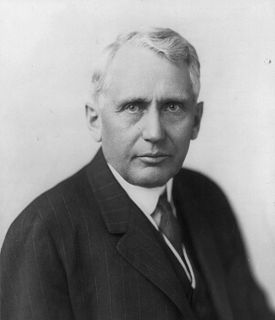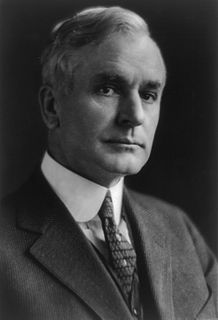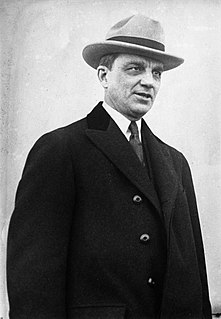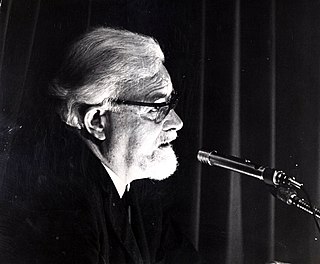A Quote by Frank B. Kellogg
It is idle to say that nations can struggle to outdo each other in building armaments and never use them. History demonstrates the contrary, and we have but to go back to the last war to see the appalling effect of nations competing in great armaments.
Related Quotes
I am firmly convinced that in the world of today all nations will be forced to the conclusion that cooperation for law, justice, and peace is the only alternative to a constant race in armaments-including atomic armaments-and to other disruptive practices that will bring the nations participating in them on either side to a common ruin, the equivalent of universal suicide.
It is accordance with our determination to refrain from aggression and build up a sentiment and practice among nations more favorable to peace, that we ratified a treaty for the limitation of naval armaments made in 1921, earnestly sought for a further extension of this principle in 1927, and have secured the consent of fourteen important nations to the negotiation of a treaty condemning recourse to war, renouncing it is an instrument of national policy, and pledging each other to seek no solution of their disagreements except by pacific means.
Born enemies don't fight. Nations you would say were designed to go to war against each other by their skins, their language, their smell; always jealous of each other, always hating each other; they're not the ones who fight. You will find the real antagonists in nations fate has groomed and made ready for the same war.
We wake up to find the whole world building competitive trade barriers, just as we found it a few years ago building competitive armaments. We are trying to reduce armaments to preserve the world's solvency. We shall have to reduce competitive trade barriers to preserve the world's sanity. As between the two, trade barriers are more destructive than armaments and more threatening to the peace of the world.
All cultures forged by nations—the noble indigenous past of America, the brilliant civilization of Europe, the wise history of Asian nations, and the ancestral wealth of Africa and Oceania—are corroded by the American way of life. In this way, neoliberalism imposes the destruction of nations and groups of nations in order to reconstruct them according to a single model. This is a planetary war, of the worst and cruelest kind, waged against humanity.
We are firmly convinced, and we act on that conviction, that with nations as with individuals our interests soundly calculated will ever be found inseparable from our moral duties, and history bears witness to the fact that a just nation is trusted on its word when recourse is had to armaments and wars to bridle others.
This truth may be unfashionable, unpalatable, no doubt unpopular, but, if it is the truth, the story of mankind shows that war was universal and unceasing for millions of years before armaments were invented or armies organized. Indeed, the lucid intervals of peace and order only occurred in human history after armaments in the hands of strong governments have come into being, and civilization in every age has been nursed only in cradles guarded by superior weapons and superior discipline.
I voted against the war in Iraq. I voted against the first Gulf War. I think war is the last resort - the last option of a great military power like us. I think that we need to focus on building coalitions. Yes, ISIS must be destroyed. But it should be destroyed by a coalition of Muslim nations on the ground with the support of the United States and the other major powers in the air and in training the troops there.
































